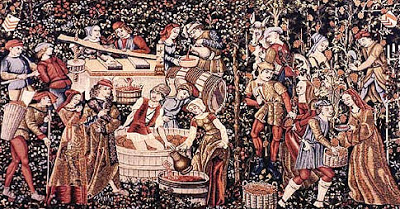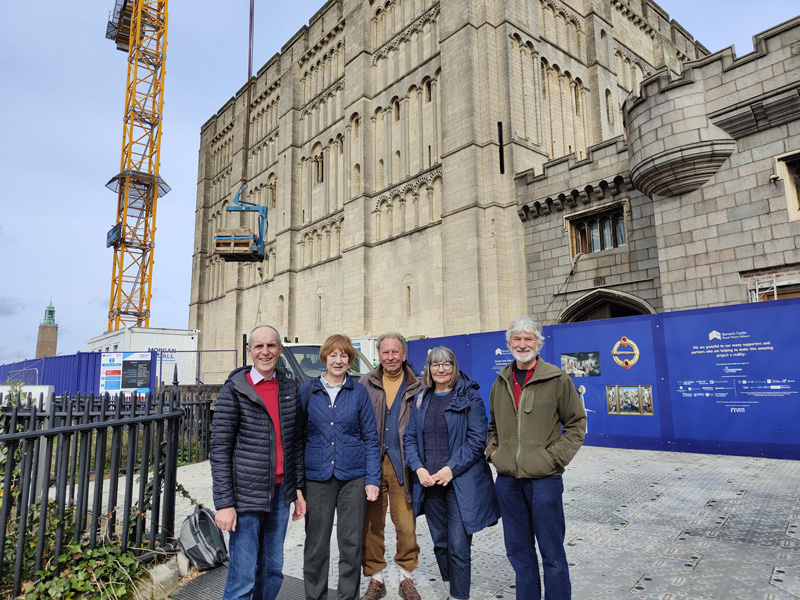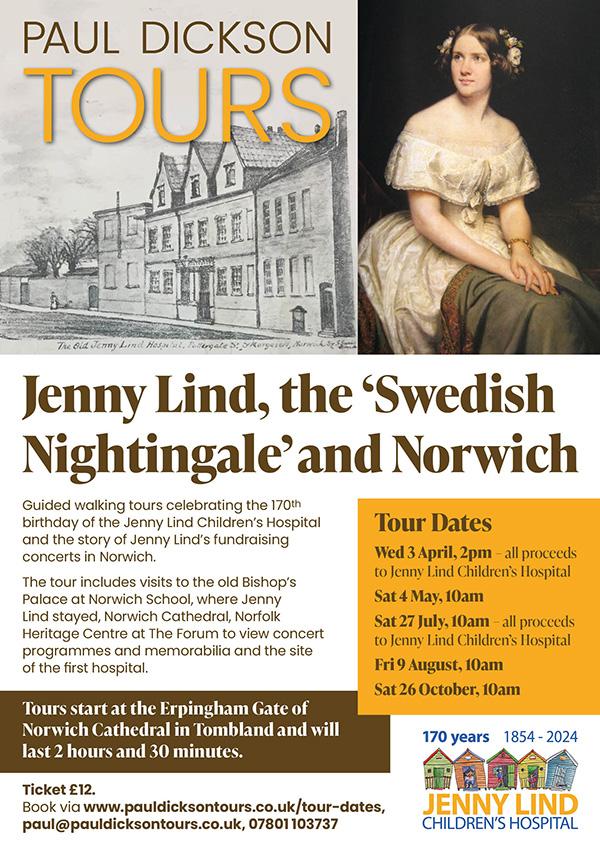 Book of the Civilized Man by Daniel of Beccles
Book of the Civilized Man by Daniel of Beccles
(Latin: Urbanus Magnus Danielis Becclesiensis)
Also known as Liber Urbani or Urbanus Magnus or Civilized Man. It is believed to be the first English courtesy book (or book of manners), dating probably from the 13th century.
Did You Know?
The book is significant because in the later Middle Ages dozens of such courtesy books were produced, indeed courtesy books have a long history in ancient and modern history. Because this appears to be the first in English history, it represents a new awakening to etiquette and decorum in English court society, which occurred sometime in the 13th century.
As a general rule, a book of etiquette is a mark of a dynamic rather than a stable society, one in which there is an influx of “new” men, who have not been indoctrinated with the correct decorum from an early age and who are avid to catch up in a hurry.
The poem
Civilized Man is a 3,000 line Latin verse poem that gives proper advice on a wide range of social situations the typical medieval person may encounter in day to day life.
Examples include:
• ‘Do not attack your enemy while he is squatting to defecate.’
• ‘If there is something you do not want people to know, do not tell it to your wife.’
• ‘Say thank you to your host.’
• ‘Don’t mount your horse in the hall.’
• ‘If visitors had already eaten, give them drink anyway.’
• ‘Loosen your reins when riding over a bridge.’
• ‘Receive gifts from great men with gratitude.’
• ‘If you are a judge, be just.’
• ‘Eating at the table of the rich, speak little.’
• The book ends with ‘Old King Henry first gave to the uncourtly the teaching written in this book.’
The poet
Who was Daniel of Beccles? Historians believe he may have been a member of Henry II’s court. John Bale (1500s) wrote that he had seen a document showing Daniel in Henry’s court for over 30 years. This plus the fact a Henry is mentioned in the text, and some of the manuscripts can be dated to the early 13th century, make it very probable the poem dates from that period.
There a reference to a Daniel of Beccles in the “Seventh Regnal Year of King John” (circa 1206) secretly being given the patronage (advowson) of the church of Endgate in Beccles by the Abbot of Bury St Edmund’s.








